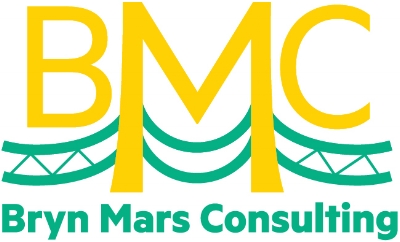On Conferences
I started attending Family Office conferences over 15 years ago. In truth, it was closer to 18 years ago. Which ages me, I know. But it also means I'm somewhat of an expert on the conference experience.
There are two main reasons for attending a conference: learning, and networking. And though I'd argue that both are equally important, they can not both be the focus. Inevitably, if you try to have a conference with excellent learning experiences, you will need to focus less on excellent networking experiences, and vice versa. And that's OK. Embrace that, and know which one you're focusing on, then cater to that direction.
Let's pull these apart, and start with what makes for a great networking conference. Thoughtful introductions, and time to get in deep with the other conference goers are paramount for meaningful interactions. An excellent example of this is the pre-arranged dutch treat dinner group at the Purposeful Planning Institute. John A Warnick takes time to chat with every single attendee, and thoughtfully places each person in a group of 6 or so for dinner, choosing dinner partners who's businesses and lives intersect. This dinner allows for deep and meaningful conversation. Another example is at Wharton's Private Wealth Management executive program, every single meal has assigned seats with specific questions on the table, in order to foster better connection and knowledge of other attendees. I should note that both of these conferences are on the small side. And that is yet another important thing to keep in mind. A conference of less than 300 can and should focus heavily on networking. There is more opportunity for strong connection when there are less people. Yes, time in between sessions is important, but using that time wisely is more important.
For conferences focusing on learning, one of the most important aspects is making sure each session ends with something that the audience can take away. Something they can implement, or look into, or even read. Something catchy and new. Having a panel is fantastic, but having a panel where the moderator wraps up and ties in a book on the subject is even better. Or even more engaging, something interactive. I'm reminded of Joline Godfrey, and her use of play-doh. It seems minimal, but allowing people to fidget frees their minds to open and learn. Not to mention, the smell and feel of the play-doh helps with the later recall of the information. 21/64 makes sure every single session they do, whether it's a simple speaker at an event, or a two day conference, has some element of chatting with their neighbor to share experiences, and them bringing it back to the group. This is highly effective, because most participants walk away knowing exactly what they want to do to make provocative changes in their lives.
In my opinion, a perfect conference can look like many things. But to me, the most important part is not to try and be something you're not. Oh, and make it fun!
